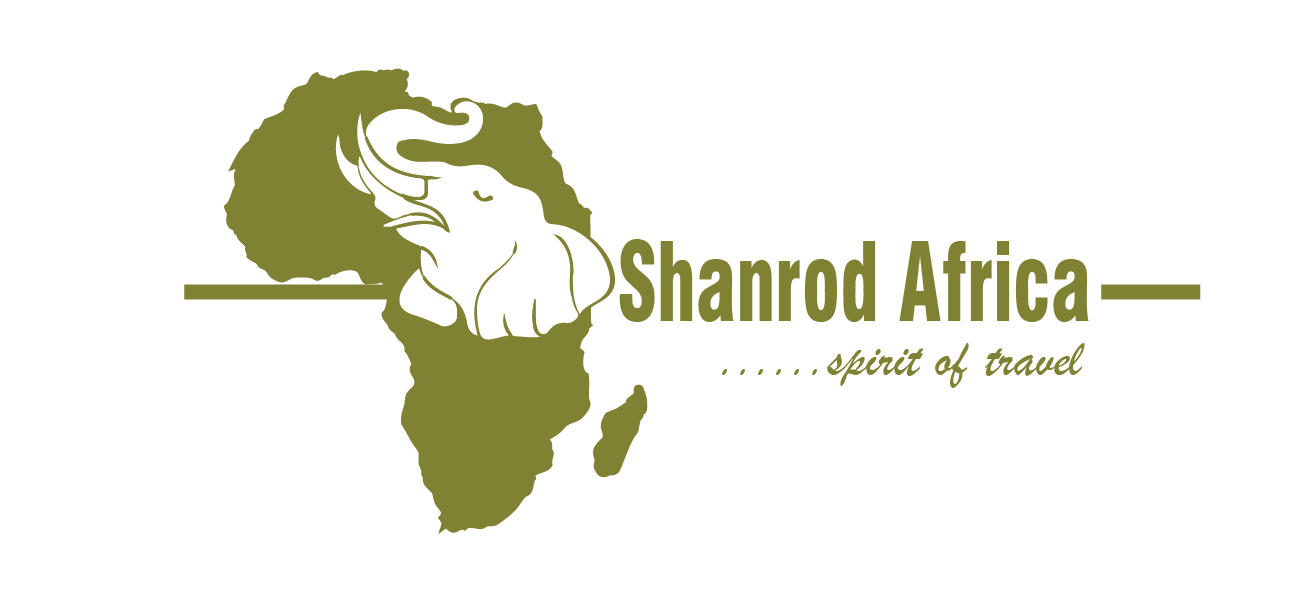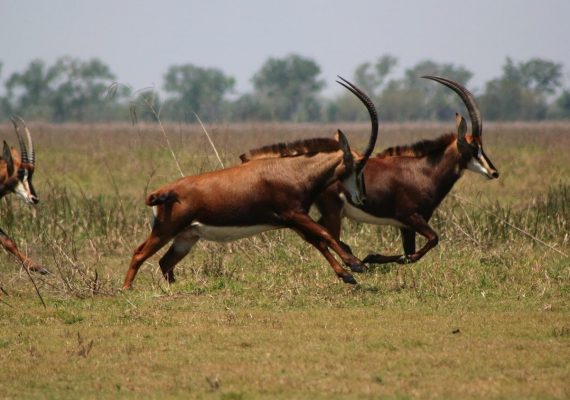Inject a little sultry Latin flavour into the diversity, passion and verve of Africa and you have your very own tropical retreat, so intoxicating it will capture the heart of even the most jaded traveler.
Mozambique sways to its own marrabenta beat, and you will do too, as you explore the country’s incredible coastline, exquisite cuisine and captivating culture.
From the fascinating colonial remnants on the UNESCO World Heritage Site of Ilha de Moçambique, to the pristine natural wonderland of the Quirimbas, the vibrant culture of the capital, Maputo to the sublime beaches of Inhambane, Mozambique is the perfect escape offering as much, or as little excitement as your heart desires.
ENTRY REQUIREMENTS
You must contact the relevant issuing authorities in good time to ascertain the entry requirements to their country, and to arrange the necessary permits and visas.
BANKING AND CURRENCY
CURRENCY:
The unit of currency in Mozambique is the Metical (M) which is divided into 100 centavos. South African Rand and US$ are also widely accepted.
BANKING:
Local banks have branches in cities that are generally open on weekdays from 07h45 to 12h00. ATMs are spreading across the country, but travelers’ cheques are difficult and expensive to exchange.
TRAVEL, TRANSPORT AND GETTING AROUND
Public transport is not recommended within Mozambique, however there are reliable bus shuttles to the north and international/local planes.
There are scheduled flights into Maputo and Vilankulo. Flights are generally routed via Johannesburg in South Africa. There are a variety of smaller airstrips for smaller charter flights (to the islands, etc).
Driving is on the left in Mozambique. You need to make sure that you are carrying ID, your driver’s license, the car registration papers and your insurance details. It is also obligatory to carry a warning triangle and I would also recommend a high viz vest. The wearing of seat belts is compulsory.
The roads are generally not in good repair. Many of the main roads have an awful lot of potholes and some are very deep.
HEALTH AND MEDICAL INFORMATION
MALARIA:
Malaria occurs in all part of Mozambique year-round. Please consult with your physician about malaria prophylactics at least six weeks before travelling if you are visiting any of these areas. Remember to inform your doctor if you are going scuba diving as this will affect the type of anti-malaria you may be prescribed.
GENERAL PRECAUTION TIPS:
Sleep under the mosquito net if it is provided in your room.
Lightly spray your room with bug repellent before you go for dinner.
At sunset, apply mosquito repellent and wear long-sleeve shirt and trousers with closed shoes.
GENERAL HEALTH TIPS:
Wash your hands regularly with soap but especially after using the toilet and before eating. Carry anti-bacterial hand gel if soap and water are not easily available.
Tap water, ice cubes, fruits, vegetables, meat, seafood and dairy products are safe to eat in Mozambique, especially in resorts, hotels and cities. Avoid food from roadside stands.
Do not underestimate the effects of the sun. Apply high SPF sunscreen regularly and wear a sun hat. Drink plenty of water, avoid alcohol and seek medical assistance if you feel shaky, nauseous or clammy after a day in the sun as you may be suffering from sunstroke.
Ensure that your regular vaccinations – such as rabies, tetanus, influenza, MMR and hepatitis are up to date.
SAFETY NOTICES
Although incidents of theft are extremely rare, for peace of mind make use of your in-room safe or the Hotel’s safe to store your extra cash, travel documents, jewellery, cameras and electronic gadgets when you do not require them.
FOOD, DRINK AND CUISINE ADVICE
Mozambique offers some of the best cuisine in Africa, providing a popular blend of Portugese, Indian and African influences. The country is well known for its seafood, which includes excellent prawns and crayfish, and the wildly popular grilled catch of the day, locally known as peixe grelhade. Local dishes, mainly along the coastal areas have a certain flair which makes them unique from the foods found in neighbouring countries. Mozambicans believe in the liberal use of coconut milk and their favourite local hot pepper, peri peri to add a zesty burn to their meals. For more carnivorous visitors, there is a decent variety of high quality meats, usually, bought into Mozambique from neighbouring South Africa.
In Mozambique all town treat their drinking water, travellers are however advised to boil the tap water before drinking it, alternatively would be to buy mineral water. Tap water can safely be used for showering and brushing your teeth.
CLIMATE AND WEATHER
The Mozambique coastline stretches for almost 2,000km, covering latitudes from about 11° to 27° South, and has a tropical ocean current running north to south along its length for the whole year.
Despite this range of latitudes, the whole country broadly follows a southern African weather pattern, with the rains falling largely between December and March.
This does vary a little between the north and south of the country, with the rains lasting a few weeks longer in the north than the south, but the pattern is the same. Humidity can be uncomfortably high during this period.
Most of Mozambique’s rain arrives on moist southeast trade winds, but glance at a map to see that it lies in the rainshadow of Madagascar. This gives Mozambique a relatively low annual rainfall – and a great deal of protection from the tropical storms and the occasional cyclone which head towards it during this period.
By around April or May the rains subside, the sun comes out and the humidity drops – better weather spreads gradually from the south to the north.
June to October is the dry season, with often perfect tropical weather: clear skies, plenty of sun and almost no rain. This is the best time for most people to visit Mozambique. Although still tropical, June, July and August are Mozambique’s coolest months; you’ll need a light duvet at night, even though the temperature reaches over 30°C by day. During September and October it remains dry as daytime temperatures climb, though it cools down a lot at night.
November is a less predictable month of transition. Sometimes the rains start, although many days remain sunny and hot. The rains generally start earlier in the north of the country.
CLOTHING AND DRESS RECOMMENDATIONS
Light clothing is a must for most of the year (do not forget your swimwear and sunscreen!). However, during winter (June-August) it can be chilli in the evenings, so pack something warm. When visiting game reserves, remember to pack sensible walking shoes, a hat and colour appropriate clothing (browns, greens, etc). In the evenings, it is advisable to wear long sleeved shirts to protect from the mosquitoes.
ELECTRICITY AND PLUG STANDARDS
Current is 220/240 volts at 50 cycles per second. A three-point round-pin adapter plug should be brought for your electrical appliances. Such adapters are also available at the major airports.
GENERAL GUIDANCE
Mozambique is a beautiful country but there are vast differences in wealth among the population as well as major environmental concerns like poaching. Please bear in mind the following when travelling:
Take shorter showers, do not fill the bath tub and switch off the tap while brushing your teeth or shaving – avoid letting the water run unnecessarily.
Always obey your guide or skipper’s instructions. No matter how “tame” animals may seem, they are still wild and unpredictable. Do not attempt to entice them with food, imitate animal sounds, clap your hands to get their attention, or teas them to provoke a reaction. If an attack does occur, you may be far from significant medical attention so always be wary of the animals and act cautiously.
Leave natural items including plants, fungi, rocks or animal products where you found them. It is illegal to procure ivory or rhino horn.
Popular Mozambique Safaris



